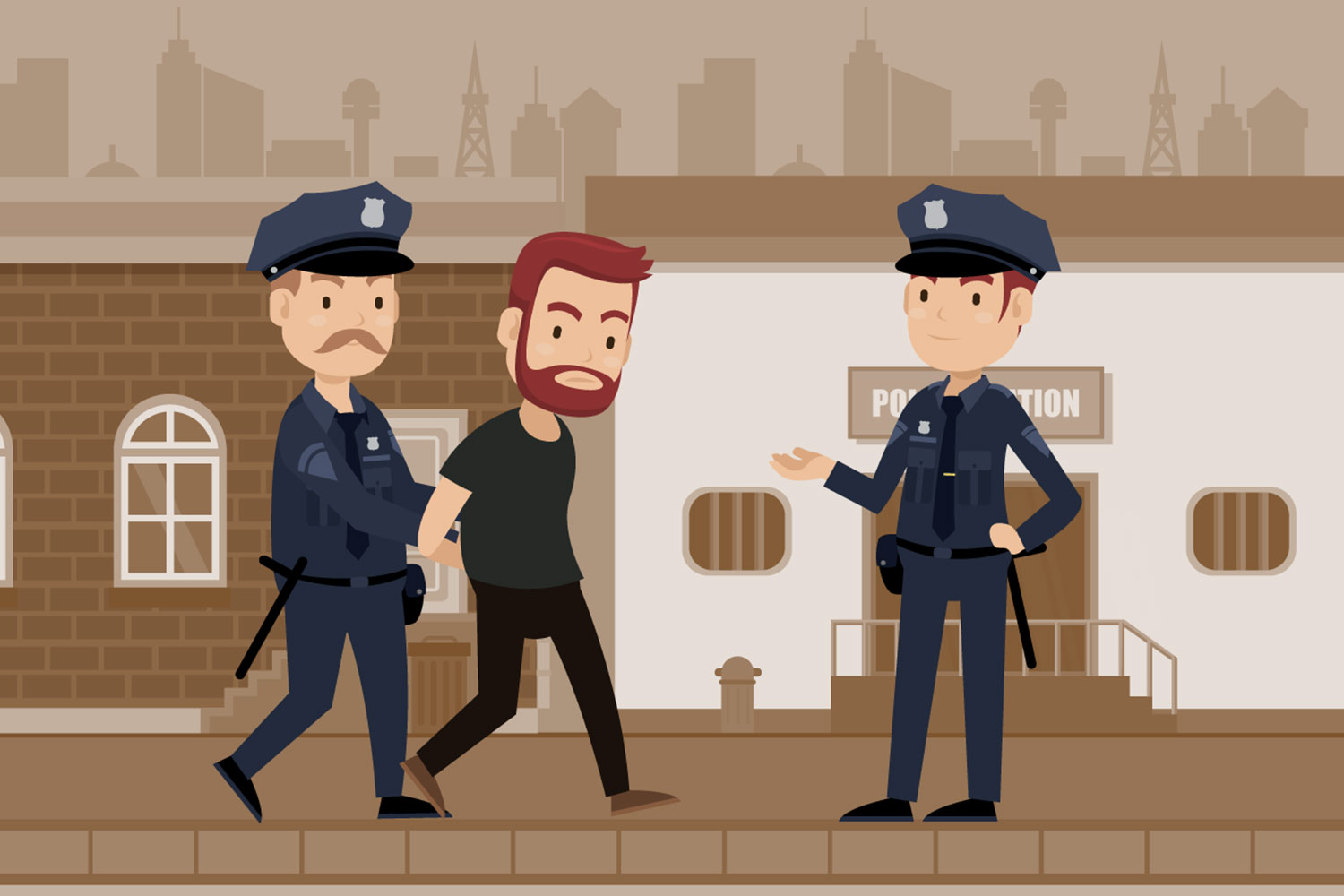Table of contents
Being dealt a wrongful DWI (Driving While Intoxicated) charge can be maddening. The last thing you want is for an inaccurate charge to tarnish your record, but you’ll need to move quickly to push back. Otherwise, the consequences for a DWI are steep. Fortunately, you can protect yourself with quick thinking and a few key steps.
Read on to discover five smart moves to make if you’re charged with a wrongful DWI.
1. Write Down Every Detail
What happened in the days or hours before your arrest? Make sure to write down all the details you recall to create a comprehensive timeline. Even seemingly minor details can be critical when you’re trying to establish your innocence after a DWI charge or car accident. Write down when you were at work, what errands you ran, and the names of people who interacted with you throughout the day. And if you took a rideshare or got rides from friends anywhere, write that down, too.
The memories will fade with time, so be sure to map out the timeline as soon as possible. You’ll be able to use this timeline as a point of comparison with the police report. Maybe some friends who joined you for dinner can verify that you weren’t drinking, for instance. These details can come into play to refute the prosecution’s case, and a team of skilled lawyers can help you fight your DWI charges.
2. Make a List of Witnesses
The individuals you encountered in the timeframe leading up to your arrest will be helpful as witnesses. Anyone from your colleagues to your parents can help confirm where you were and what you did. They’ll also be able to describe your behavior to show that you were not under the influence.
Be sure you have contact information for everyone who could be of help. Reach out to them right away to secure their details. And don’t overlook the businesses you may have visited before your arrest. If you were at a restaurant, for instance, they could have camera footage or members of their staff willing to confirm that your behavior was not showing signs of impairment.
3. Keep All Receipts and Documents
Every piece of evidence you can provide will help your case. That means gathering receipts for meals and nonalcoholic beverages at restaurants. Or, if you took a rideshare home, that receipt can be really critical. Any receipt or document with a timestamp on it will be most helpful. Bank transactions and text messages shared with friends will all provide a valuable paper trail. Having a clear indication that you weren’t drinking before an arrest can thwart the prosecution’s efforts.
4. Ask for Police Footage
Police cars may have cameras that can provide critical video recordings for your case. Footage may be able to help paint a more accurate picture of your behavior at the time of your arrest. Your movements and speech, for instance, can help demonstrate that you were sober in a wrongful DWI case. And, at times, dash cam footage can show that your sobriety test was not administered properly. In short, the footage could refute the written claims in your police report, helping your case.
Your lawyer should be able to get this footage from the police, but they’ll need to ask for it right away. That’s because some departments don’t maintain their footage for very long. Waiting too long could mean that it’s been deleted, and that could hurt your chances of proving your innocence.
5. Request an ALR Hearing
Be aware that a DWI arrest can do more than result in a court case. You may lose access to your driving privileges. You’ll need to work with your attorney to request an Administrative License Revocation (ALR) hearing. And you’ll need to do it quickly. In some states, you only have roughly two weeks after your arrest to make this request. If you don’t, you could lose your license, which can impact your ability to go to work and complete other important daily tasks.
During an ALR hearing, your attorney will work on your behalf to push back against a suspension. They’ll question the police officer who made the arrest and try to find holes in their claims. Ultimately, your attorney will try to help you keep your license. They’ll also be an invaluable presence throughout the process, helping you gather evidence and meet all deadlines for your case.
Fight Back Against a Wrongful DWI
When you’re faced with a wrongful DWI, it can feel like your life has hit a brick wall. But when you’re proactive about showing your innocence, you can fight back. Save all receipts, texts, and other forms of documentation that can offer time-stamped evidence of your whereabouts. Get access to dash cam footage and schedule an ALR hearing. Perhaps most importantly, partner with a good attorney to ensure you have someone helping you present the best case possible.

